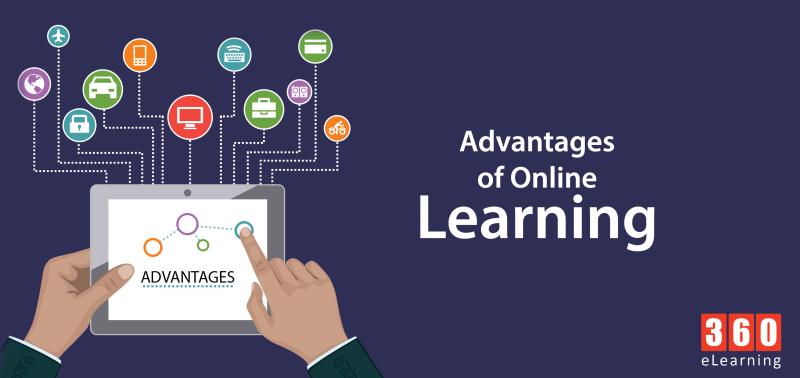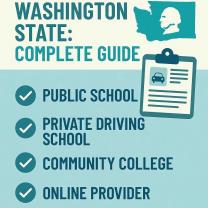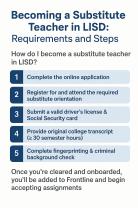What are the downsides of online learning platforms?
While online learning platforms offer numerous advantages, there are also some drawbacks and limitations associated with this mode of education. It's important to be aware of these downsides to make informed decisions. Here are some common drawbacks of online learning platforms:
Limited Social Interaction:
- One of the significant drawbacks is the reduced face-to-face interaction with instructors and peers. The lack of in-person communication can impact collaboration, networking, and the social aspects of learning.
Technical Issues:
- Online learning requires a reliable internet connection and access to appropriate devices. Technical issues, such as internet outages, hardware problems, or software compatibility issues, can disrupt the learning experience.
Self-Discipline Challenges:
- Online learners need strong self-discipline and time management skills to stay on track. The absence of a physical classroom environment and set schedules can make it challenging for some students to stay motivated and focused.
Isolation and Lack of Motivation:
- The solitary nature of online learning can lead to feelings of isolation. Some learners may miss the motivation that comes from being part of a physical classroom environment or having direct interactions with instructors.
Limited Hands-On Experience:
- Certain subjects, especially those requiring hands-on or practical experience, may be challenging to teach effectively in an online format. Lab work, workshops, or field experiences may be limited.
Communication Challenges:
- Effective communication in an online setting relies heavily on written communication. Some students may struggle with expressing themselves in writing, and misunderstandings can occur without the immediate feedback provided by face-to-face interactions.
Dependence on Technology:
- While technology enables online learning, it also introduces a dependence on digital tools. Technical glitches, software updates, or changes in platform features can affect the learning experience.
Cheating Concerns:
- Online assessments and exams may pose challenges related to academic integrity. Cheating or plagiarism can be more difficult to monitor compared to traditional in-person assessments.
Quality of Courses Varies:
- The quality of online courses can vary widely. Some courses may lack the interactive and engaging elements found in traditional classrooms, leading to a less effective learning experience.
Limited Feedback and Interaction:
- Some students may miss the immediate feedback and real-time interaction with instructors. Delayed responses to questions or concerns can impact the learning process.
Lack of Hands-On Guidance:
- Courses that require hands-on skills or practical training may face limitations in providing direct guidance and supervision, potentially impacting the development of practical expertise.
Digital Fatigue:
- Excessive screen time and reliance on digital devices can lead to digital fatigue and negatively impact students' overall well-being.
It's essential to carefully consider these drawbacks and weigh them against the benefits when deciding whether online learning is suitable for your learning preferences, goals, and circumstances. Additionally, advancements in online education and ongoing improvements in technology may address some of these limitations over time.
What challenges or limitations do learners commonly encounter when using online learning platforms?
Online learning platforms offer flexibility and convenience, but they also come with their own set of challenges and limitations that learners commonly encounter. Here are some of the most frequent ones:
Technical Issues:
- Internet connectivity: Unreliable internet connection can lead to buffering, lag, and disruptions during video lectures or live sessions.
- Software compatibility: Issues with software compatibility can prevent learners from accessing course materials or completing quizzes and assignments.
- Technical skills: Learners unfamiliar with technology may struggle with navigating the platform or using its features effectively.
Lack of Engagement and Interaction:
- Isolation and motivation: Online learning can feel isolating for some learners, leading to decreased motivation and difficulty staying engaged with the material.
- Limited interaction: Compared to traditional classrooms, online platforms often offer fewer opportunities for direct interaction with instructors and peers, hindering discussion and collaborative learning.
- Distractions: The convenience of online learning can also lead to increased distractions, such as social media notifications and other online activities.
Course Design and Delivery:
- Poorly designed courses: Unclear instructions, outdated content, and lack of engaging activities can make learning difficult and frustrating.
- Passive learning: Some online courses rely heavily on text and videos, lacking interactive elements and practical application opportunities.
- Instructor responsiveness: Learners may face delays in receiving feedback or support from instructors, impacting their progress and understanding.
Accessibility and Equity:
- Digital divide: Unequal access to technology and internet resources can create disadvantages for learners from underserved communities.
- Disability considerations: Platforms not designed with accessibility in mind can pose challenges for learners with disabilities.
- Language barriers: Limited course availability in non-English languages can restrict access for learners with diverse linguistic backgrounds.
Addressing these challenges requires a multi-pronged approach:
- Platform providers: Improving user interface, offering offline access, and providing technical support.
- Educators: Designing engaging courses, incorporating interactive elements, and fostering interaction through forums and discussions.
- Learners: Developing time management skills, seeking help when needed, and utilizing platform features to stay engaged.
By acknowledging and addressing these challenges, online learning platforms can continue to evolve and offer a valuable learning experience for all.













